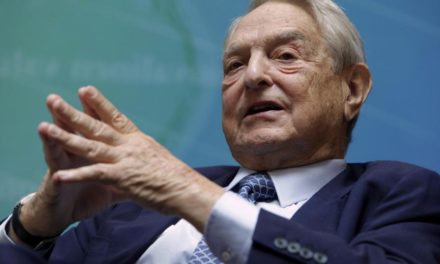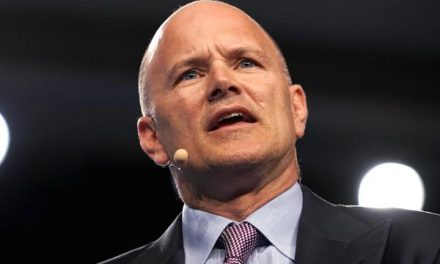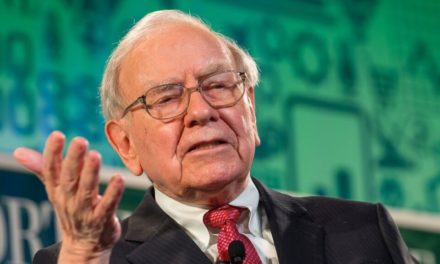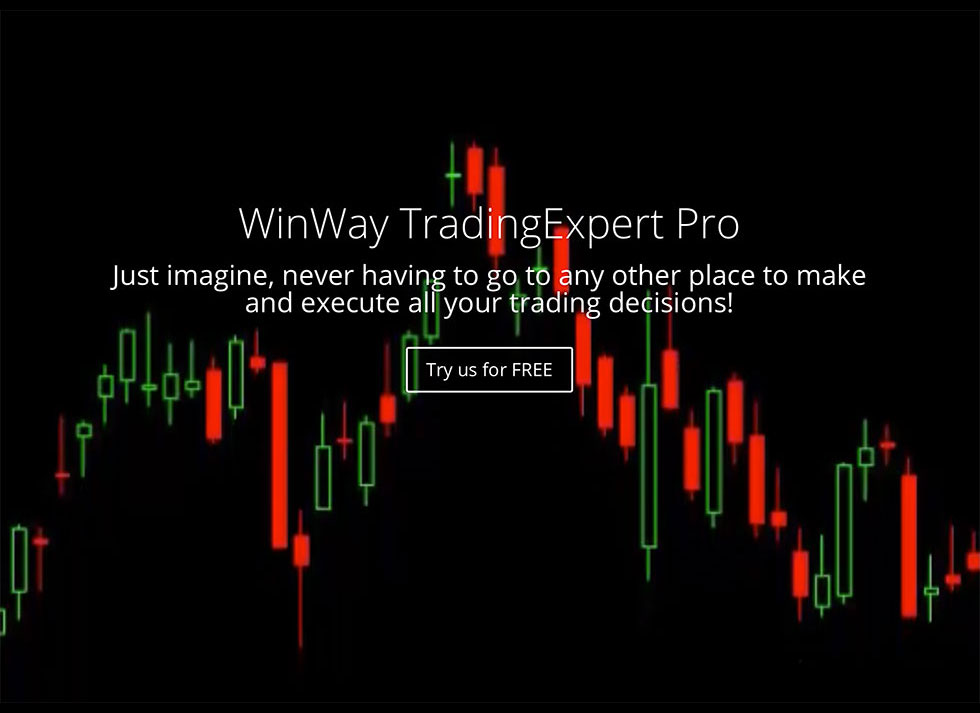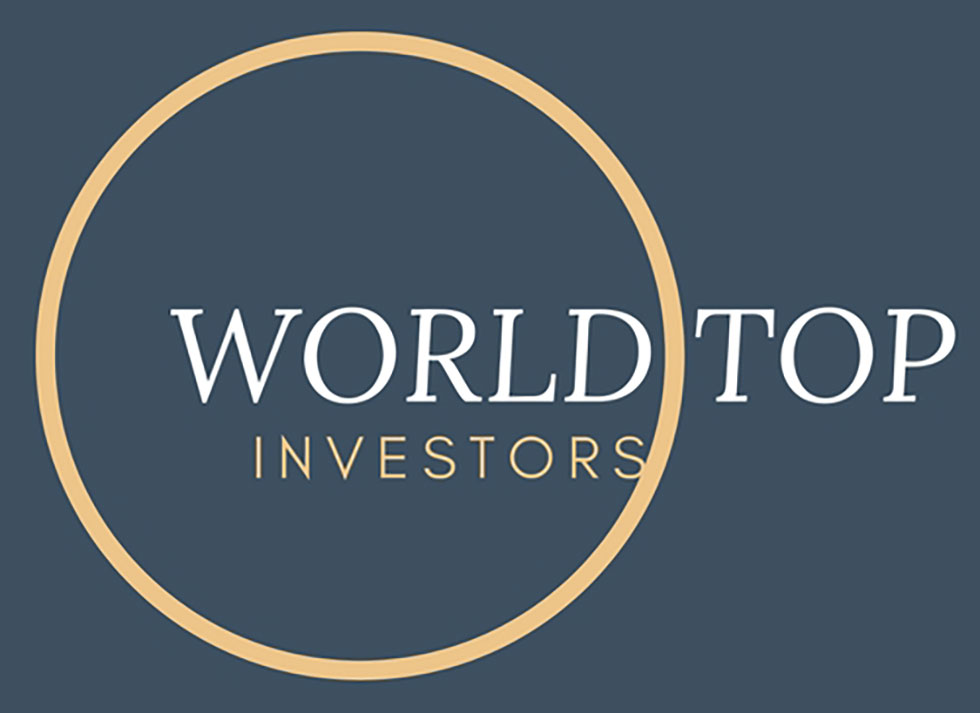Alan Howard clocks losses of 2% in the first quarter of 2019 and the Brevan Howard AH Master Fund, launched by the billionaire investor two years ago is down 8.5% in first two months of 2019, according to Bloomberg.
Alan Howard clocks losses in the first quarter of 2019 is a trend reversal from the UK’s richest hedge fund manager’s stellar performance last year
Indeed, Alan Howard’s Master fund outperformed competing funds and returned investors an impressive 30% in 2018.

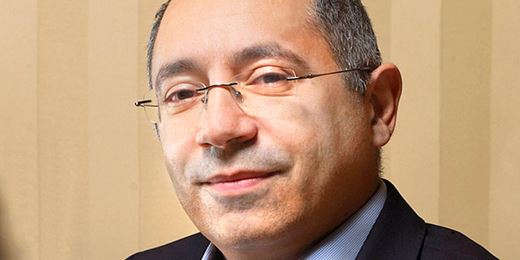
“Alan Howard clocks losses of 2% in the first quarter of 2019”
Alan Howard’s macro Master fund made good from Italy’s banking woes, the mini sovereign debt crisis and widening credit spreads trigged by the election of populist nationalist Italian leader Salvini. Alan Howard’s Italian sovereign bets paid off handsomely which contributed to Alan Howard’s turbo returns last year.
Alan Howard clocks losses of 2% could be reversed if volatility returns to Europe
Alan Howard’s impressive returns last year is evidence that the star hedge fund manager is well versed on how to position the Master fund to profit from any renewed bouts of volatility. What’s more, volatility in Europe could be in the wind with Brexit just weeks away.
Then there is Salvini’s Italy the European Union’s wild card. Salvini has already taken aim at central banking, saying that that the Bank of Italy’s gold reserves are “the property of the Italian people, not of anyone else”. Italy’s Salvini has also rattled his neighbors across the Alps In France labeling the French Emmanuel Macron as a “terrible president,” and that he has sympathy for the Yellow Vest protestors. Italy’s Salvini has also been “meeting” French protestors in Paris.

“Alan Howard clocks losses of 2% could be reversed if volatility returns to Europe”
Last month, in February France recalled its ambassador to Italy for talks, saying the situation was “unprecedented” since the end of World War Two.
So the European Union is anything but united right now and it would not be an exaggeration to say that Europe is currently a political tinderbox. Financial markets have yet to awaken to this unprecedented peacetime political instability in Europe. I believe that volatility could come back with vengeance forcing the European Central Bank to step in with more quantitative easing which could also debase the single bloc’s currency, the euro.
“Goldman Sachs reckons that if you missed January’s monster rally, you have likely missed 2019 gains”
Alan Howard clocks losses of 2% could be the result of wild stock market gyrations over the last few months
For example, December was the worse months for stocks since the Great Depression which was followed by January’s sharpest rally in 30 years. So a portfolio positioned to profit from a bear market in stocks is going to experience equally erratic swings from profit to losses. So bear funds could still be profitable in 2019 if the January rally turns out to be nothing more than a short term stock rally in a long term bear market. Goldman Sachs reckons that if you missed January’s monster rally, you have likely missed 2019 gains.
So Alan Howard clocks losses of 2% in the first quarter of 2019 but the hedge fund manager could swing to profits in the latter part of the year assuming Alan Howard is positioning his fund for volatility to the downside.
Nevertheless, Alan Howard clocks losses are denting the profits made last year by the UK’s richest hedge-fund manager. Losses of 8.5% clocked in January and February were reported by someone working for the fund, who wishes to remain anonymous, according to Bloomberg. Howard’s macro Master fund, based in Jersey which places long and short term positions in various equity, fixed income, currency, commodity, and futures market. Macro funds managed by talented fund managers tend to outperform the indices during times of political, geopolitical economic turmoil.
“Brevan’s assets have fallen to $6.4 billion, the latest letter shows, from more than $40 billion in 2013”
Alan Howard clocks losses will impact the billionaire own fortune as the 40th highest paid hedge fund manager has skin in the game
Howard’s fund manages the billionaire’s own money and also includes some outside investors such as the New York City Police Pension Fund. It also runs some money for the flagship Brevan Howard Master Fund.
Alan Howard clocks losses are out of tune with the hedge fund manager’s track record and the overall performance of hedge-fund in the industry
Hedge-funds on averaged gained about 3% in January and February according to a preliminary estimate from Eurekahedge. But that is still lacking behind index linked funds where the Dow is up 5.03%, the S&P 500 Index is up 5.52% and the Nasdaq is up 7.66% over the same time period.
Alan Howard clocks losses but not all of the billionaire’s funds are showing losses. For example, the Brevan Howard MB Macro fund led by long-time trader Minal Bathwal gained 4.7% in January, while the firm’s Alpha Strategies pool returned 2%.
However, Alan Howard clocks losses could accelerate the tide of investor redemptions
Brevan’s assets have fallen to $6.4 billion, the latest letter shows, from more than $40 billion in 2013.
Alan Howard clocks losses and it is not the only hedge fund to underperform. But despite the industry’s underperformance, assets in equity hedge-funds remains near a record high, near one trillion USD in 2019. Why?
Hedge-fund investors consist of two types, institutional investors and high net worth individuals The latter group tends to be serial risk takers. So many just can’t overcome the temptation of trying to pick an alpha hedge-fund manager with eye-popping returns. The institutional investors, made up of a committee is the next big chunk of hedge fund investors. They are risk-averse, but also they need to hedge and they are content to sift the burden of risk to hedge-funds.

